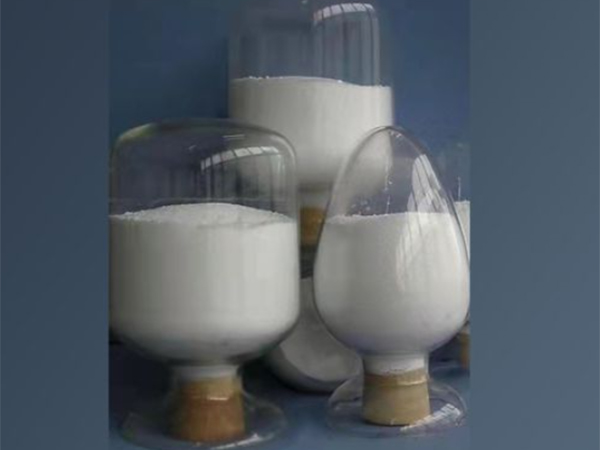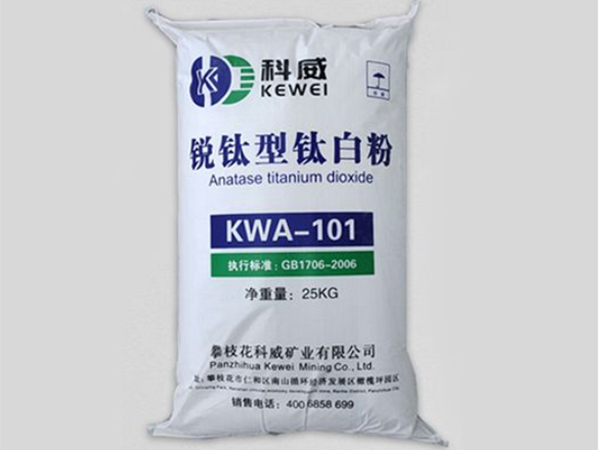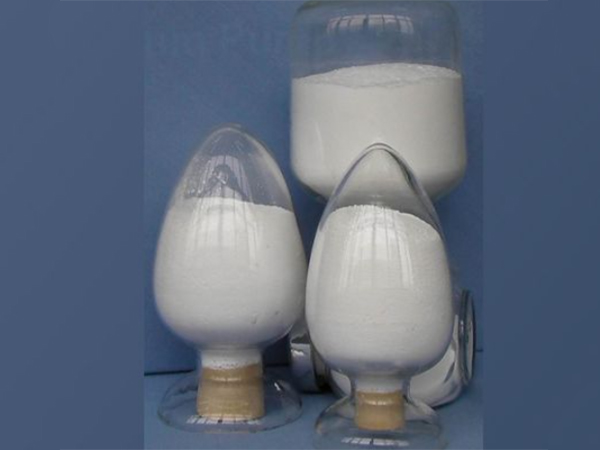The Importance Of Chemical Fiber Grade Titanium Dioxide In The Textile Industry
Titanium dioxide is a naturally occurring titanium oxide that is widely used as a pigment in various industries due to its exceptional brightness and high refractive index. In the textile industry, the use of fiber-grade titanium dioxide is particularly important to achieve the color, opacity and durability required for synthetic fibers and fabrics. This special form of titanium dioxide is engineered to withstand the harsh processing conditions found in textile production, including high temperatures, pressure and chemical treatments.
One of the main benefits of using fiber-grade titanium dioxide in textile manufacturing is its ability to enhance the color and brightness of synthetic fibers. By incorporating this high-quality pigment into the production process, textile manufacturers can achieve a variety of vibrant and long-lasting colors in their fabrics. Additionally, fiber-grade titanium dioxide helps improve the opacity of synthetic fibers, ensuring a consistent, uniform appearance in the final product.
Additionally, the use of fiber-grade titanium dioxide helps improve the overall durability and performance of synthetic textiles. This special pigment helps enhance the UV resistance of synthetic fibers, making them more suitable for outdoor and high UV exposure applications. In addition, titanium dioxide increases the tensile strength and abrasion resistance of synthetic fibers, making textiles more elastic and durable.
In addition to its aesthetic and functional benefits, fiber-grade titanium dioxide also plays a vital role in ensuring the sustainability of textile production. By enhancing the colorfastness and durability of synthetic fibers, this specialized pigment helps extend the life of textile products, reducing the need for frequent replacement and minimizing environmental impact. In addition, the use of titanium dioxide in textile manufacturing helps produce high-quality, high value-added textiles that meet the needs of discerning consumers.
In summary, fiber-grade titanium dioxide is an indispensable ingredient in the textile industry, helping to produce vibrant, durable and sustainable synthetic fibers and fabrics. Its unique properties and performance characteristics make it an important ingredient in the manufacturing process, allowing textile producers to create high-quality products that meet the highest standards of color, durability and performance. As the demand for innovative and sustainable textiles continues to grow, the importance of fiber-grade titanium dioxide in the textile industry remains critical.
Package
It is mainly used in the production process of polyester fiber (polyester), viscose fiber and polyacrylonitrile fiber (acrylic fiber) to eliminate the transparency of unsuitable gloss of fibers, that is, the use of matting agent for chemical fibers,
| Project | Indicator |
| Appearance | White powder,no foreign matter |
| Tio2(%) | ≥98.0 |
| Water dispersion(%) | ≥98.0 |
| Sieve residue(%) | ≤0.02 |
| Aqueous suspension PH value | 6.5-7.5 |
| Resistivity(Ω.cm) | ≥2500 |
| Average particle size(μm) | 0.25-0.30 |
| Iron content(ppm) | ≤50 |
| Number of coarse particles | ≤ 5 |
| Whiteness(%) | ≥97.0 |
| Chroma(L) | ≥97.0 |
| A | ≤0.1 |
| B | ≤0.5 |
Expand Copywriting
Chemical fiber grade titanium dioxide is designed to meet the specific requirements of the chemical fiber industry. This special form of titanium dioxide has an anatase crystal structure and exhibits excellent dispersion capabilities, making it the first choice for chemical fiber manufacturers. It has a high refractive index and, when incorporated into fibers, imparts luster, opacity and whiteness. Furthermore, its stabilizing nature ensures long-lasting color stability and resistance to harsh environments, making it an ideal additive in man-made fiber production.
One of the main advantages of chemical fiber grade titanium dioxide is its ability to enhance the performance and appearance of textiles and nonwovens. Adding this special titanium dioxide during the manufacturing process can significantly improve the fiber's color strength, brightness and UV resistance. Not only does this produce an attractive and vibrant end product, it also extends the life of the fabric, making it highly durable and versatile.
In addition, the superior durability and resistance of chemical fiber grade titanium dioxide make it an important component in the production of various textile products, including sportswear, swimwear, outdoor fabrics and home textiles. It is able to withstand sunlight exposure and harsh atmospheric conditions, ensuring that textile products remain alive and retain their original qualities for a long time.
In addition to its aesthetic and performance-enhancing properties, fiber-grade titanium dioxide has exceptional antimicrobial and self-cleaning capabilities. When incorporated into the fibers, it actively eliminates harmful bacteria, reducing the risk of infection and bad odour. In addition, its self-cleaning properties allow it to break down organic matter on the surface of the fabric, thereby reducing the maintenance requirements of textile products.
The application potential of chemical fiber grade titanium dioxide is not limited to the textile industry. It is also used in the production of paints, coatings and plastics. Its high opacity and whiteness make it an excellent additive in the production of white paints and coatings, providing excellent coverage and brightness. In the plastics industry, it acts as a UV stabilizer to prevent discoloration and degradation of plastic products caused by prolonged exposure to sunlight.







